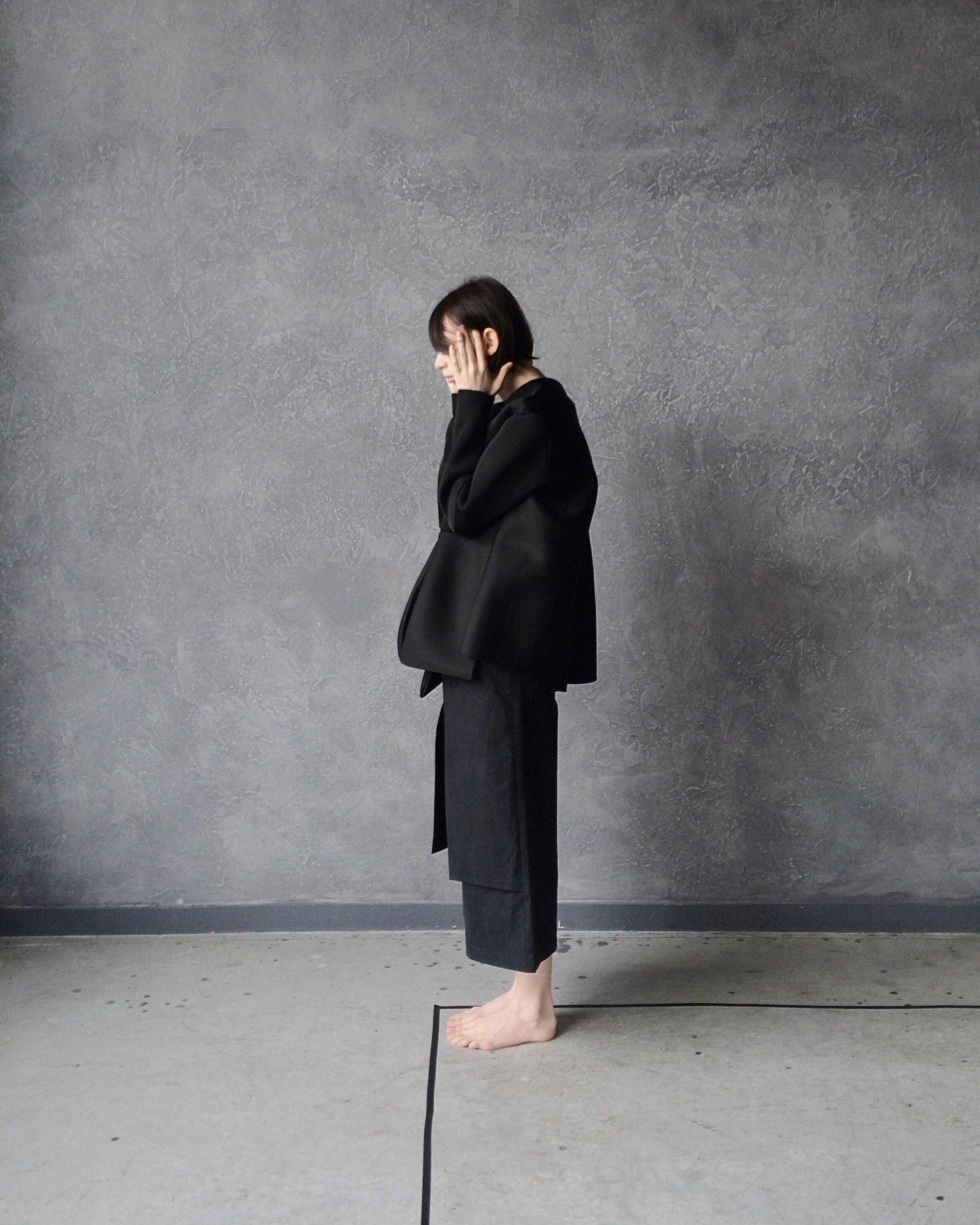Pandemic Homelife
What this pandemic has shown is that not only does the workplace need a reinvention, so does the home.
Since May I have not been able to get a New York Times headline out of my mind. The paper conducted a survey on homeschooling during the pandemic, and at the top of the report, it read, ‘Nearly Half of Men Say They Do Most of the Home Schooling. 3% of Women Agree’. It cut to the heart of so much of what can divide men and women in domestic relationships. What that headline really said was, despite all our overtures to equality, there is still a fundamental disconnect between men and women in the home, and it is the gap between what men see as equality, and what women feel is equal that is the issue.
And before you think this may just have been confined to homeschooling, it was the same on pretty much every other area of domestic life. Men were seeing it one way, women another. 70% of women said they were fully or mostly responsible for housework, and also 66% of the child care. Only 20% of men agreed.
This disconnect is not news, its just become all-consuming for many women trapped in their homes during lockdown with partners who think they are carrying the load when they are not. And it is not just anecdotal or one partner’s word against another’s. Various studies over the years, drawing on a collation of data, including daily diary keeping, has shown that women actually do, in fact, do more than men, but that this is a divergence that really only takes hold after having children.
Gender stereotypes
Granted, there are some primordial explanations for this. For one, gender stereotyping for men can kick in when they become fathers and cause them to revert to more traditional forms. That feeling that they should be the breadwinner, the provider. But what this kind of disparity attests to more fundamentally, is that while women have redefined their role over the last decades and reimagined their place in the world, men are still defaulting to an old handbook that is no longer relevant. And somehow they are not seeing it.
And it is the source of great discord. Women feel it is a great affront, after all the hard-fought battles to get even partial equality, for there to be a silent expectation that we still have to be pick up everyone’s socks. It is why couples (read mostly women), who outsource some of that domestic workload often have better relationships. Yet for many this is not an option, nor should it have to be. It is fundamentally about being seen.
And while men have spoken about feeling alienated and confused at times by the new dynamics and expectations that have evolved between them and women, the truth is, they are still missing a huge opportunity.
The gulf that is still allowed to languish between us doesn’t just hold women back, it is still holding men back too.
While women have taken on more typically male roles in the workplace, men largely have not. The number of male teachers, nurses, carers and minders is still extremely low. Most babysitters are still girls, not boys, and there is inherent sexism among us all that young men cannot nurture, or be as responsible as their sisters.
Most pointedly, what the pandemic has highlighted is that the traditional workplace, originally set up for men, with wives as homemakers, wasn’t actually really working for anyone. It wasn’t pleasing men or women. I think more men have been yearning to break free of those trappings for much longer than they realised. They, like women, want a better work-life balance, to not be a slave to the 9 to 5. But spending more time with your children also means picking up after them, taking note of when they’ve drunk all the milk, and planning their dinners. It means organising their social life, sometimes to the detriment of your own. It is also a full-time job, and like any role, in order to get the glory, you’ve also got to see, and do, the graft.
Jessie Collins, June 2020.
What has your experience been?
Join the conversation in the comments below…
join the conversation
share and comment below, we’d love to hear your thoughts…
















